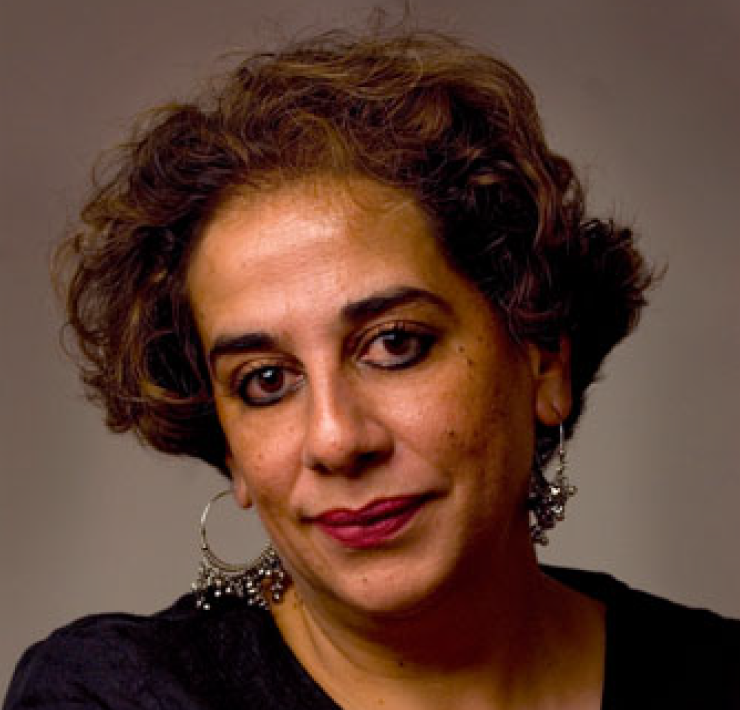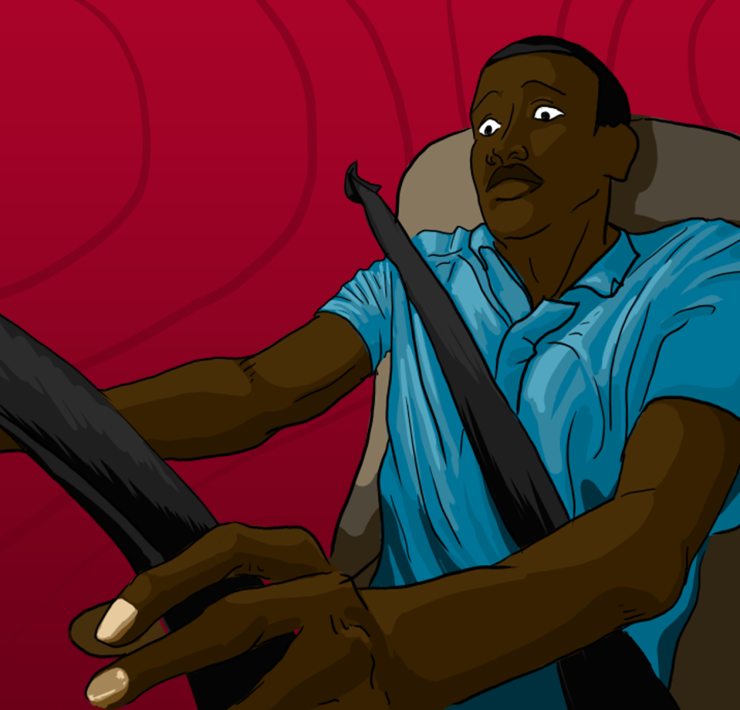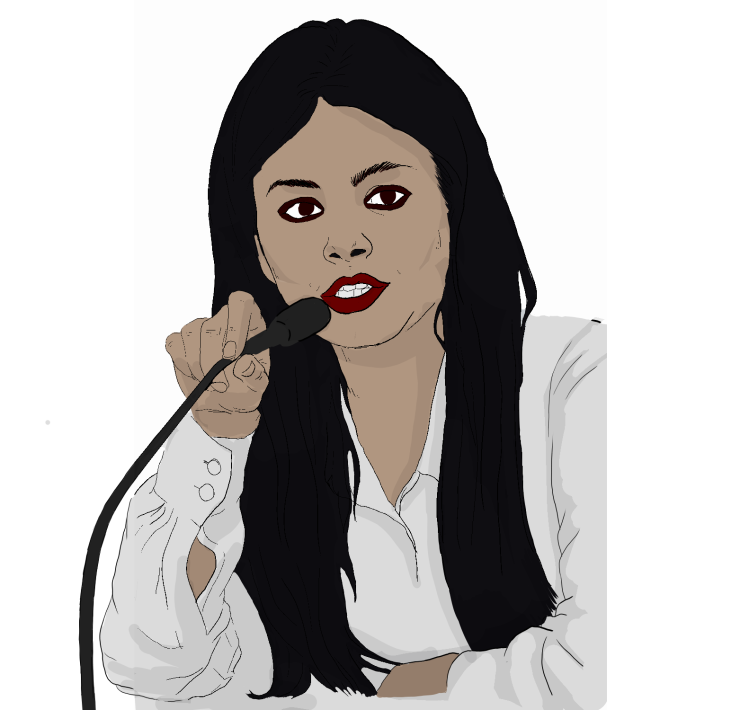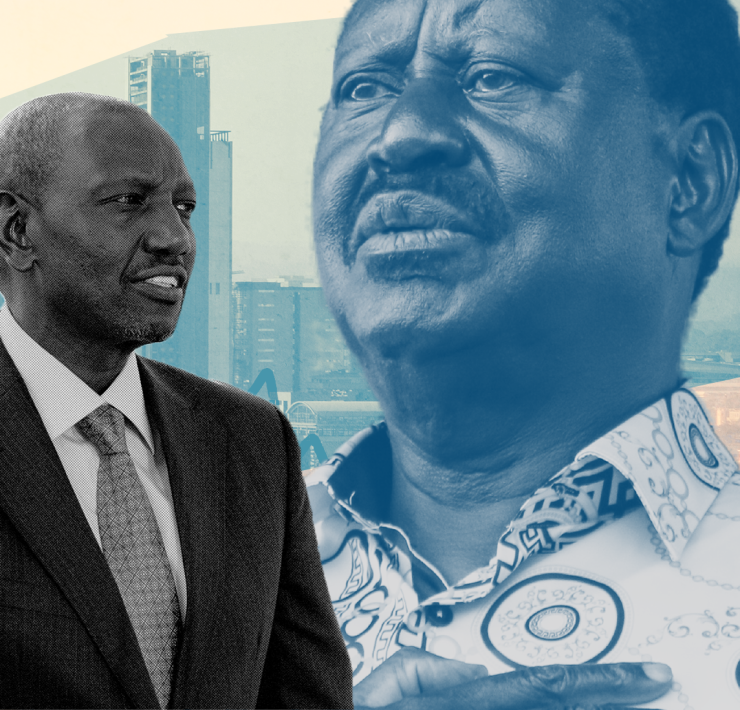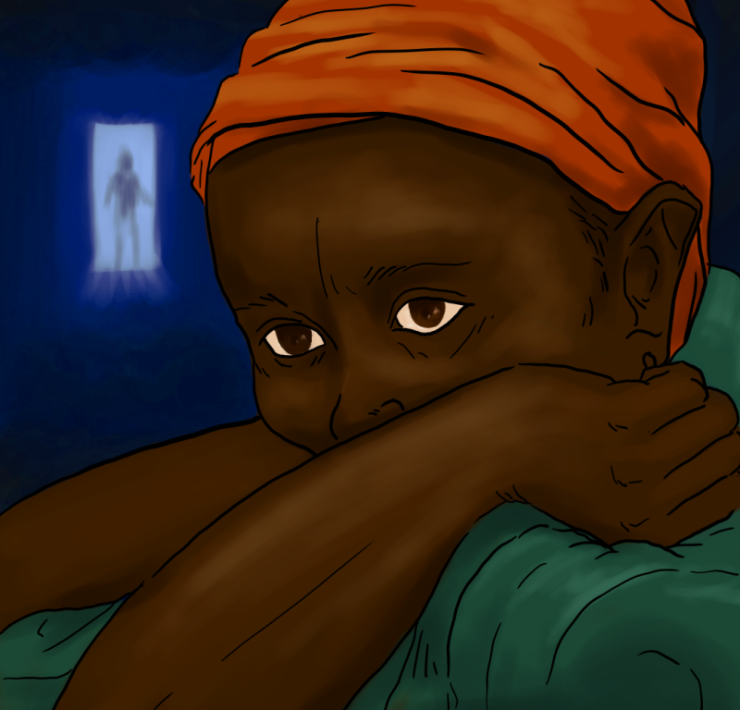Is the government’s Financial Inclusion Fund, popularly known as the Hustler Fund, a boon for low-income Kenyans seeking to start small businesses? Or is it as predatory and punitive as other digital loans? My tuk-tuk driver believes it is the latter. He applied for a Hustler Fund loan on the day it was launched and was awarded a grand total of KSh 600 less 25 bob which went into a savings account created for him by the online platform.
Now my tuk-tuk driver is not your average hustler. He is in his early 30s but already owns his own tuk-tuk. You can see from his language and demeanour that he has grand plans for his future. What annoyed and alarmed him was not just the tiny amount of money he was allowed to borrow but that the Hustler Fund platform asked him for his M-Pesa PIN number, which he reluctantly gave, but now regrets having done so. “Why should the government ask you for a number that even Safaricom repeatedly warns should be kept secret?” he wondered.
I don’t know how digital loans work but many things are not adding up regarding the Hustler Fund. One, if indeed this fund has been set up to encourage low-income people to invest in small businesses, why are the terms and conditions so harsh? Why are you given only 14 days to pay back a loan when a normal bank or SACCO would likely give you months if not years? If an average business takes around three years to start making a profit, how can a small business make a profit within just a month? And why does the interest rate jump from 8 percent to 9.5 percent if the loan is not repaid in full within 30 days? Not even regular banks have such punitive repayment conditions.
Secondly, why is it that the fund – not the borrower – decides how big the loan should be? Who decided that my tuk-tuk driver, who likely makes more than KSh 1,000 a day, is eligible for a loan of just 600 bob? What criteria was used to determine his eligibility? Moreover, the amount one is allowed to borrow (between 500 and 50,000) is too small to start any kind of business, not even a tiny kiosk.
One therefore wonders, what is the value addition of the Hustler Fund except the mandatory savings and pension component? Besides, the history of government-run entities, including NSSF and Kenya Power, are full of scandals that have hurt ordinary Kenyans. What guarantee is there that the Hustler Fund will not be another vehicle for grand corruption?
My feeling is that the Hustler Fund was set up not to economically empower poor Kenyans but to penetrate a market that has been dominated by the private sector, particularly Safaricom. Kenyans are avid borrowers. The amount of cash disbursed by Safaricom’s Fuliza in the first half of last year was KSh 228 billion ($2.3 billion) or about KSh 1.5 billion a day. This does not translate into huge loans per borrower; the average loan amounts to about KSh 300, indicating that the money is used mainly for consumption, not investment. These figures are a sad reflection of levels of precarity in the country where people are borrowing tiny amounts just to stay alive.
Like most microcredit facilities, the digital loans come with hefty fees and penalties. During its election campaign, Kenya Kwanza made us believe that its so-called Hustler Fund would be a friendly interest-free loan given to help low-income Kenyans to start businesses. However, it appears that the designers of the fund used digital loans as a model, which in Kenya are used to meet basic needs, not to invest in businesses. Small loans of the size given by the Hustler Fund are usually used to buy food, pay school fees or deal with emergencies, as some studies of Bangladesh’s famous Grameen Bank have shown. Default rates are also high. Official figures from the Central Bank of Kenya indicate that the mobile loan default rate is over 50 per cent.
Such microloans also have not had a significant impact on people’s living standards. On the contrary, they can have a devastating impact on low-income people. In India, for example, thousands of small farmers have committed suicide because they were unable to pay back loans or could not cope with the aggressive debt collection methods of lenders. I hope that the Hustler Fund doesn’t become another source of misery for Kenya’s poor.
Author
-

Rasna Warah is a Kenyan writer and journalist with over two decades of experience as an editor, writer and communications specialist. She wrote a weekly op-ed column for the Daily Nation, Kenya’s leading newspaper, for many years, and has contributed to various regional and international publications, including, the UK’s Guardian, Africa is a Country, The East African, The Mail and Guardian, The Elephant, and Kwani? She has worked as an editor and writer at the United Nations Human Settlements Programme (UN-Habitat) and has published two books on Somalia: Mogadishu Then and Now (2012) and War Crimes (2016). Her first book, Triple Heritage (1998), explored the history of South Asians in East Africa. Her latest book, Lords of Impunity (2022), examines the failures and internal contradictions of the United Nations and what can be done to transform this global body. She holds a Master’s degree in Communication for Development from Malmö University in Sweden and a Bachelor of Science Degree in Psychology and Women’s Studies from Suffolk University in Boston, USA. She is based in Nairobi, Kenya.
Rasna Warah is a Kenyan writer and journalist with over two decades of experience as an editor, writer and communications specialist. She wrote a weekly op-ed column for the Daily Nation, Kenya’s leading newspaper, for many years, and has contributed to various regional and international publications, including, the UK’s Guardian, Africa is a Country, The East African, The Mail and Guardian, The Elephant, and Kwani? She has worked as an editor and writer at the United Nations Human Settlements Programme (UN-Habitat) and has published two books on Somalia: Mogadishu Then and Now (2012) and War Crimes (2016). Her first book, Triple Heritage (1998), explored the history of South Asians in East Africa. Her latest book, Lords of Impunity (2022), examines the failures and internal contradictions of the United Nations and what can be done to transform this global body. She holds a Master’s degree in Communication for Development from Malmö University in Sweden and a Bachelor of Science Degree in Psychology and Women’s Studies from Suffolk University in Boston, USA. She is based in Nairobi, Kenya.

